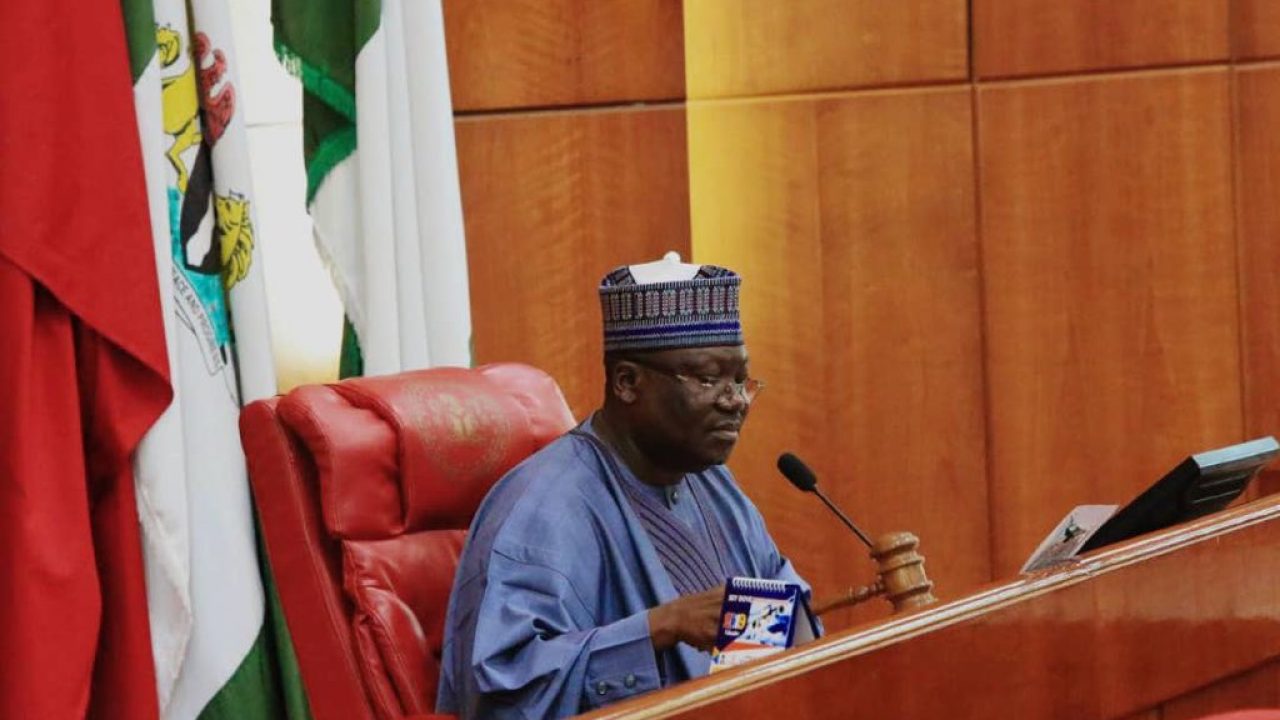The Senate on Wednesday, September 18, 2019, described the public condemnation of its planned purchase of sports utility vehicles amounting to N5.5 billion for the senators, as an insult.
Yahaya Abdullahi, the leader of the senate, stated this in an interview with journalists in his office in Abuja.
He said the status of a Senator of the Federal Republic of Nigeria is not undeserving of a sport utility vehicle.
He said each of the 109 senators in the upper chamber would get one SUV which would be paid for at the end of their four-year legislative tenure.
He said the burden on the shoulder of the Senator was not a small task and that a sport utility vehicle for their work was not too much.
The Senate Leader said, “What is the problem there? It is an insult to say that a Senator of the Federal Republic cannot ride a jeep in Nigeria. It is an insult.
“The N5.5 billion is from the National Assembly fund and it is budgeted for every year which they will pay back at the end of the tenure.
“I was a permanent secretary. I know what ministers get, we cannot even compare ourselves to ministers because we are higher than the minister.
“For you to say that a Senator of the Federal Republic cannot drive a jeep today, come on, that is an insult.
“Go and tell the people that the work that we do, is more than the work of ministers.
“The weight that is on me today, there is no minister of the Federal Republic that has it,” he stated.
Abdullahi said the collapse of the Local Government Areas across the country has placed so much burden on Nigerian Senators who carry loads outside their purview.
He said the Ninth Senate would ensure the independence of the LG structure to boost national development and stability of the grassroot economy.
It will be recalled that there was a public outcry over the planned purchase of sport utility vehicles for senators.
Some non-governmental organisations even instituted legal action against the planned expenditure.
The concerned group of activists who sought the court’s stance on the matter were led by the Social Economic Rights and Accountability Project.
Read more at Tribune







